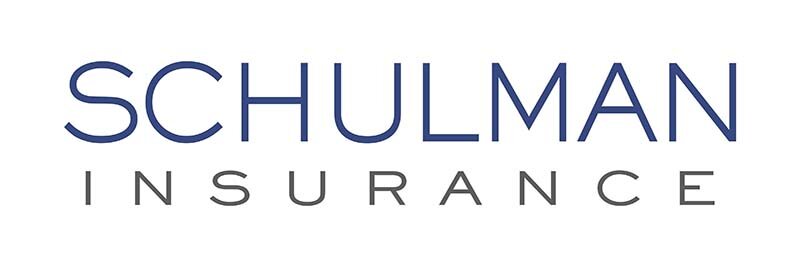EEOC Updates COVID-19 Guidance
Issued date: 09/21/20
On September 8, 2020, the Equal Employment Opportunity Commission (“EEOC”) posted an updated “What You Should Know About COVID-19 and the ADA, the Rehabilitation Act, and Other EEO Laws” (“WYSK”). The updated WYSK modifies two existing Q&As and adds 18 new Q&As that have been adapted from two other EEOC technical assistance resources: “Pandemic Preparedness in the Workplace and the Americans with Disabilities Act” and a March 27, 2020 publicly available EEOC webinar.
The updated guidance provides helpful clarifications. The following highlights some of the new information as it relates to screening employees for COVID-19. Employers should carefully review the WYSK and other EEOC guidance in their entireties.
The ADA requires that any mandatory medical test of employees be “job related and consistent with business necessity.” Applying this standard to the current circumstances of the COVID-19 pandemic, employers may take screening steps to determine if employees entering the workplace have COVID-19 because an individual with the virus will pose a direct threat to the health of others. Generally, the ADA does not interfere with employers following recommendations by the CDC or other public health authorities regarding whether, when, and for whom COVID-19 testing or other screening is appropriate. Testing administered by employers consistent with current CDC guidance will meet the ADA’s “business necessity” standard. (WYSK Q/A-6)
Employers may ask all employees who will be physically entering the workplace if they have COVID-19 or symptoms associated with COVID-19 and ask if they have been tested for COVID-19. Symptoms associated with COVID-19 include, for example, fever, chills, cough, and shortness of breath. The CDC has identified a current list of symptoms which can be found at https://www.cdc.gov/coronavirus/2019-ncov/ symptoms-testing/symptoms.html. An employer may exclude those with COVID-19, or symptoms associated with COVID-19, from the workplace because, as EEOC has stated, their presence would pose a direct threat to the health or safety of others. (WYSK Q/A-8)
An employer may not ask an employee who is physically coming into the workplace whether they have family members who have COVID-19 or symptoms associated with COVID-19. The Genetic Information Nondiscrimination Act (GINA) prohibits employers from asking employees medical questions about family members. GINA, however, does not prohibit an employer from asking employees whether they have had contact with anyone diagnosed with COVID-19 or who may have symptoms associated with the disease. Moreover, from a public health perspective, only asking an employee about his contact with family members would unnecessarily limit the information obtained about an employee’s potential exposure to COVID-19. (WYSK Q/A-10)
In addition to the above, the updated WYSK includes guidance on maintaining the confidentiality of medical information associated with an employee who has COVID-19 or symptoms associated with the disease, as well as reasonable accommodations.

